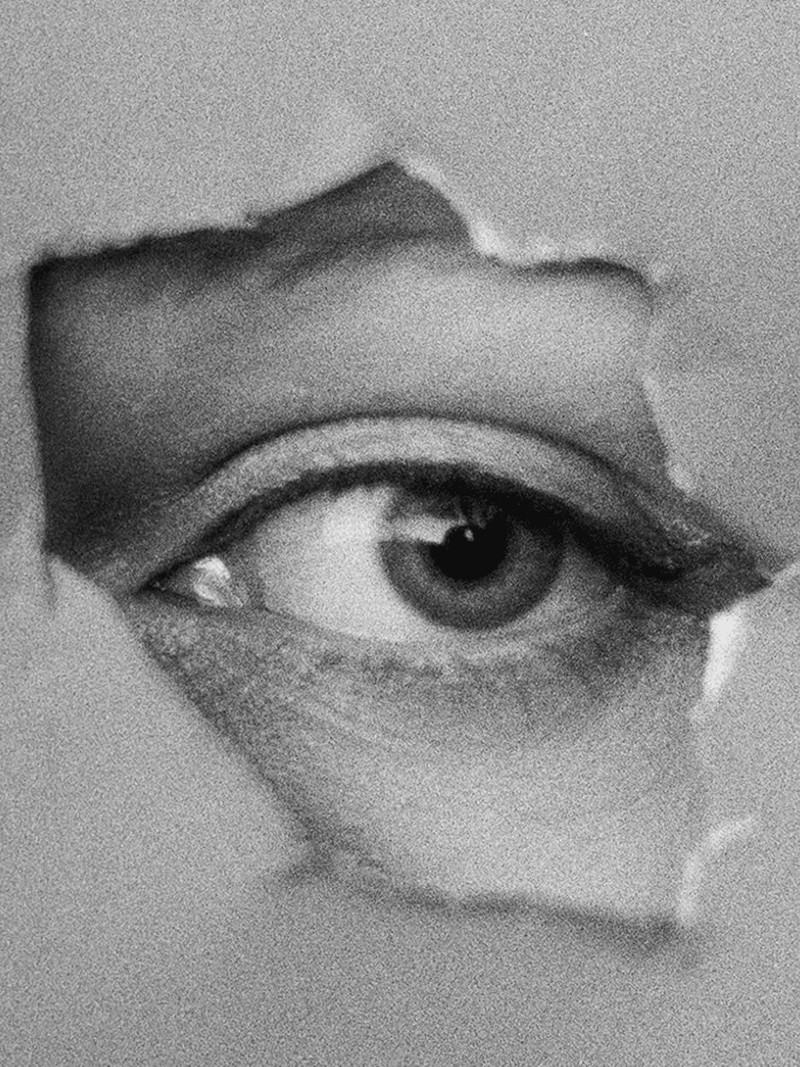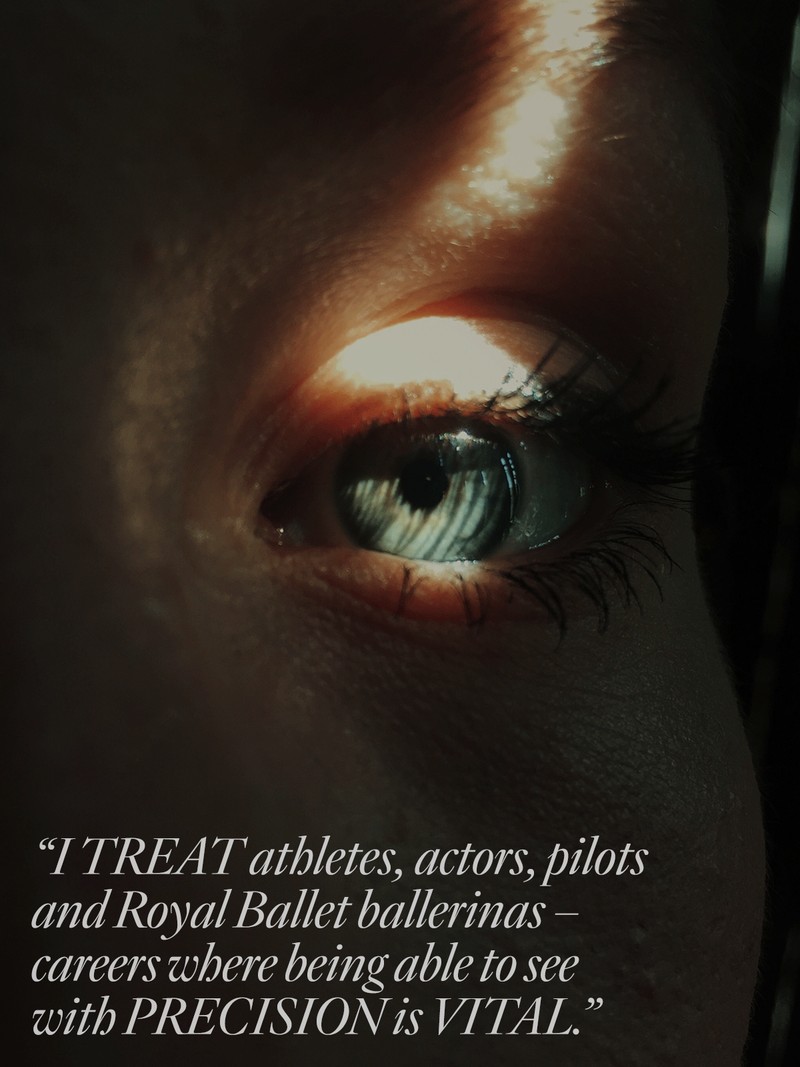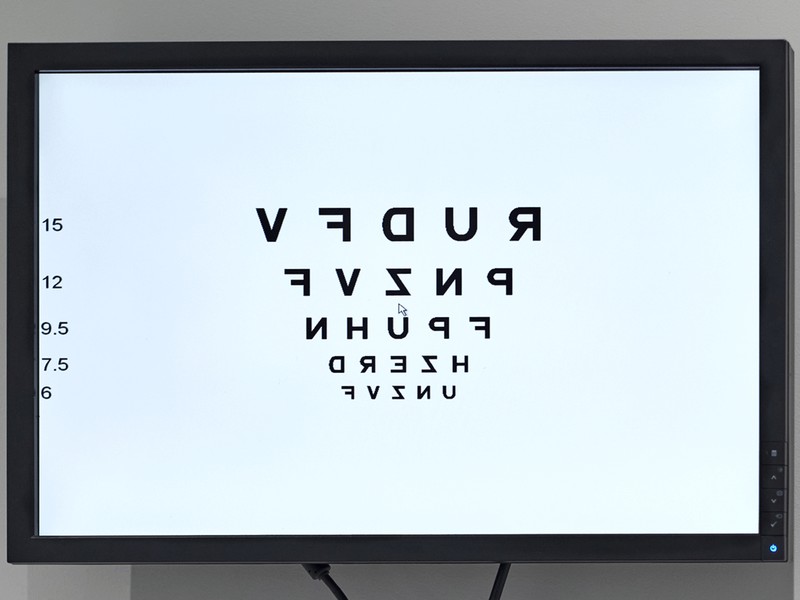The A-List Laser Eye Surgeon You Need To Know
Can you start by telling us some of the benefits of laser eye surgery?
“Laser eye surgery has experienced a remarkable evolution since its inception over 30 years ago. It’s a dynamic space, with ongoing advancements in techniques that make the procedure very safe and more effective. If you’ve been considering surgery for a while, you may be apprehensive, but when performed properly, the benefits are second-to-none. As well as the obvious benefits of not needing glasses or contact lenses, I’ve seen surgery give people the freedom to swim, run in the rain, ski, buy sunglasses off the shelf, and head off on spontaneous holidays. People often say they experience fewer headaches and improve productivity at work as they can read documents more quickly and easily, too. I treat actors, lawyers, athletes, racing car drivers, the military and other doctors. One of my recent patients is a ballerina for the Royal Ballet – being able to see well is vital for all these careers.”
What makes your method different to others?
“Helping give people back their sight is a privilege and immensely rewarding. I strive to provide the very best care for my patients. I spend time with each and every patient to carefully understand their individual visual needs and lifestyle. Coupled with thorough assessment, I am able to formulate a personal and tailored treatment plan. I see all patients at every appointment so there’s a complete continuity of care, and all patients are given my mobile number so they can contact me directly if they have any emergency issues. My approach is to never cut corners. Each surgery is like playing the piano – if anything isn’t quite right, for example a note is flat, it loses its rhythm and beauty. In surgery, every step, must be timed and performed precisely. I work at Moorfields Eye Hospital, a world-leading centre for excellence in eye care, and a large part of my work is research, being an Associate Professor at University College London (UCL). You're in the very best hands at my practice with complete continuity of care. My team is the best in the industry, comprised of the UK’s top optometrists and technicians."
What conditions can you treat?
“Around 95% of those wanting to live without glasses or contact lenses can be treated by laser eye surgery. We can treat most sight issues from short or longsightedness to high astigmatism, and even those with very complex, irregular corneas, such as after corneal transplants. It’s a fantastic treatment option for those in their 20s and 30s. It is very unusual for there to be a person where surgery is not an option. Where laser eye surgery is not possible due to a very high prescription, or very dry eyes, implantable contact lens (ICL) surgery can be performed in many of these cases. For all vision correction surgery, patients need to be over 21 and have a stable prescription for at least one year prior to surgery. Similarly, I advise patients to wait at least three months until they’ve finished breastfeeding, as eyesight can change when both pregnant and nursing.”
Are there different types of surgery?
“There are three types of laser eye surgery, all of which change the focus of the eye by reshaping the cornea (the clear window at the front of the eye). The methods differ slightly but the final visual results are the same, albeit with slightly different healing and visual recovery times. Most patients ultimately achieve normal (‘20/20’) vision regardless of the type of surgery. LASIK is the most common type of vision correction with fast recovery and minimal discomfort, and almost all patients will see 20/20 the following day. Surgery itself takes around 20 minutes for the treatment of both eyes and most patients return to work within 48 hours. The other techniques are transPRK (also known as LASEK), which is the method of choice for those with thinner corneas, or certain corneal abnormalities, and is also the preferred method for those in the military. Recovery is slower, typically taking a few weeks. Lenticule extraction, known as 'SMILE' is a more recent technique that’s again preferred in certain patients.” Your surgeon will advise you on the most suitable method of laser eye surgery for your eyes.
What’s the recovery like?
“For LASIK, side effects are minimal, although there are some that are common to all methods. Most patients experience some mild glare or halos in the first few weeks following surgery, especially those having treatment for a higher prescription. All patients will have some dry eye symptoms and variability in their vision for the first few months after surgery and need to use artificial tear drops in this period.”
Are there any risks?
“Our eyesight is precious, so it’s understandable that damage to your vision is the biggest concern for those thinking about laser eye surgery. Fortunately, this is exceptionally rare with modern techniques. The rate of a small amount of damage to vision is around one in 1,000 or less, and even with this damage, you’d still be within the driving standards level. If any issues do occur, these can usually be corrected with medication or occasionally, further surgery.”
What would your advice be to someone apprehensive about getting laser eye surgery?
“Laser eye surgery is a life-changing procedure, but never rush into it. It’s incredibly important to look at your surgeon’s qualifications. In the UK, your surgeon will likely be a fellow of the Royal College of Ophthalmologists and must hold the RCOphth certificate in laser refractive surgery (CertLRS), the latter is the entry requirement to being able to do laser eye surgery in the UK. They should ideally be fellowship trained in refractive surgery.
“It's critical you feel you have trust and confidence in them, so you feel comfortable asking questions – and that includes questions about their experience and surgery results. In some clinics, you may only meet your surgeon on the day of surgery, and this is far from ideal for all involved. Also check how you can contact them if you have any urgent queries after surgery, and if you are going to see them again after surgery or if the after care is delegated to someone else. At my clinic, I see all my patients at each appointment before and after their surgery and all surgery patients have my mobile so they can call if there are any emergency issues day or night."
How can you book a consultation?
“To start your journey with Alex Day, book a new patient appointment by calling 020 7100 5468. All appointments are held at Moorfields Private, at New Cavendish Street which is next to Harley Street, and your first appointment, which includes all scans and a comprehensive sight test, typically lasts up to two hours. When it comes to the cost of surgery, my fees are surprise-free, which means there are no last-minute additions. Fees include the hospital and surgical fee, as well as post-operative assessments and medication to take home on the day of surgery.”
Visit AlexDay.co.uk
DISCLAIMER: We endeavour to always credit the correct original source of every image we use. If you think a credit may be incorrect, please contact us at info@sheerluxe.com.




